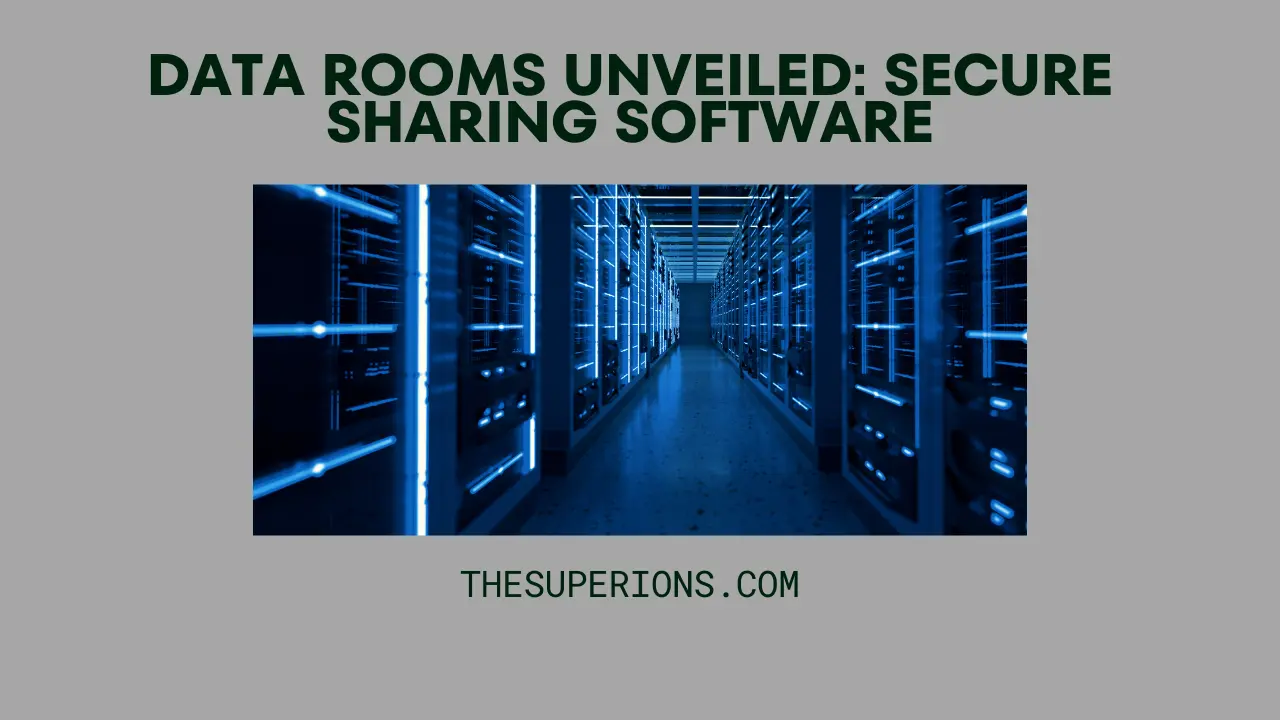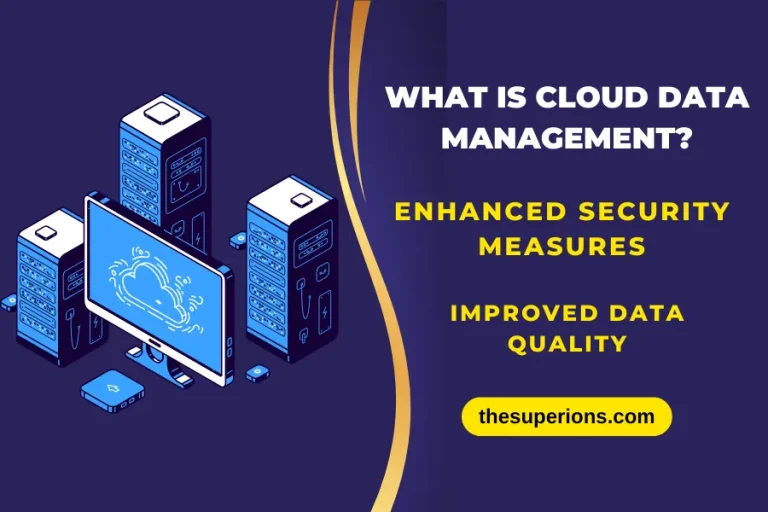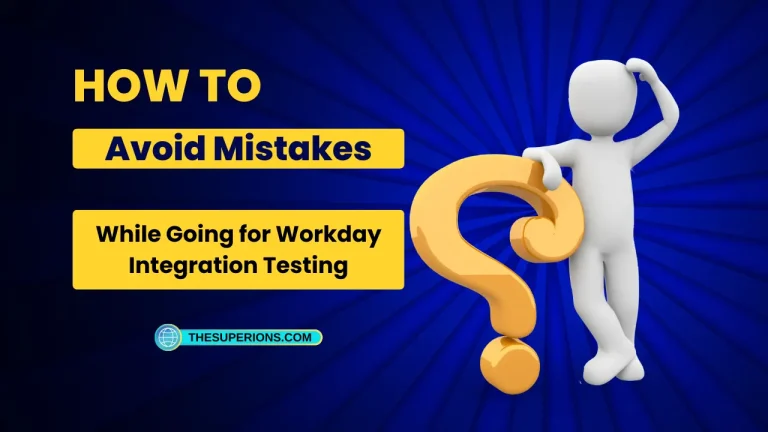Data Rooms Unveiled: The Software Shaping Secure Information Sharing
Modern businesses have now turned to a global affair, and with this development came a need to have a secure information-sharing system. This is to ensure that data is transmitted from one end of the world to another digitally without it coming under the gaze of unauthorized users.

The invention that actualized this information-sharing security is data rooms. We will discuss virtual data rooms, their features and benefits, and what steps to take when you finally seek to secure your business information with a data room.
What is a Data Room?
This software was originally designed for use during top-level financial transactions such as M&A deals, but it has been adopted in several industries. Data rooms can be described as storage houses for confidential information for companies and investors across different sectors. They create an environment where authorized users can converge, deliberate, and make decisions based on the delicate information they have.
Benefits of Using a Data Room
The use of a data room in this modern age has proven to be an indispensable decision. In that regard, here are some benefits:
- Improved data security: dataroom software offers advanced information security features such as encryption and multifactor authentication, among others. With these, only authorized users may access any piece of information in a data room. According to Gilbert Waters, Co-founder, and marketing specialist, “A virtual data room without enough security is a digital banquet hall and can undermine the efficiency of your transaction.”
- Better collaboration among colleagues: Data rooms provide a central unit for business colleagues or fellow board members to converge and share information among themselves.
- Streamlined due diligence: M&A virtual data room providers have earned the reputation of refining and speeding the due diligence process, especially during M&A transactions. They help to circulate information to all involved parties with the right access controls.
- Cheapness: In comparison to traditional data rooms, besides the security of data, digital data rooms have proven to be pennywise in data storage and resource control. They cut down the need for business partners to travel long distances to converge, and the cost involved in getting physical spaces for business interactions.
Data security is a high priority for most businesses — especially in the digital age, with options like VDRs to keep confidential information strictly so.
People Also Read?
How to Choose the Right Data Room Provider
Just like choosing a network carrier or phone model, choosing the right data room provider may require more thought than choosing the color of suit to wear to a business dinner.
Here are some tips to guide you:
- Security functionalities: Ensure the data room you seek to adopt offers updated data security features, such as end-to-end data encryption and personalized access controls.
- User-friendliness: Ensure you seek out and adopt a data room with an intuitive design and user-friendly layout. It must be easy for every team member to access and navigate, regardless of their technical skills.
- 24/7 customer support: This attribute is a must for all data room providers. It ensures their customers have a channel to share their concerns and express appreciation when necessary. Ensure the communication channels made available by your preferred network provider are favorable to you.
- Pricing: Try to patronize a data room provider whose data room price and payment format are most favorable to you. Ensure that you get the essential features you need and your overall budget.
Most of these features, such as the first three, can be easily checked via trial or demo, which you can get from most of the other existing software providers. You can also get a hint into all of their strengths by reading a virtual data room review from reputable sources.
VDR Applications Beyond M&A
The use of virtual data rooms has mostly circled its adoption in the M&A industry. However, here are some industries in which data rooms are used:
- Legal: VDRs are used in law firms to secure their client information during court processes such as litigation.
- Real Estate: Companies in this sector utilize VDRs to share contracts, agreements, and other confidential information with industry actors such as buyers and consultants.
- Health: Digital data rooms are used in the health sector to store and share patient information and other confidential reports.
People Also Read?
There are more sectors where data rooms are used, such as the banking industry, and conventional sectors like Web3 and its multiple service areas. They are currently indispensable tools for sharing and storing information for different reasons and in a wide range of industries.
By deepening their knowledge of their benefits and how to choose the best virtual data room providers, businesses can improve their operational performance with this innovation in data management.





